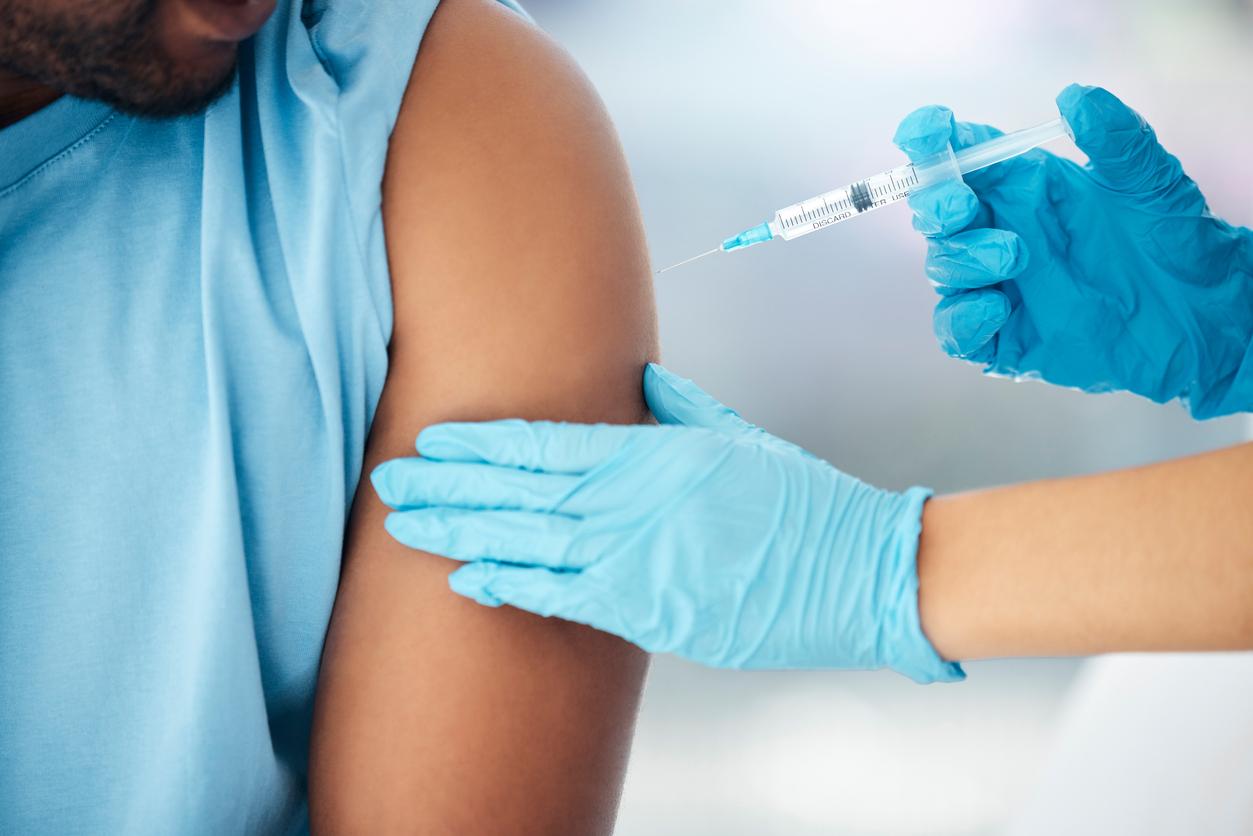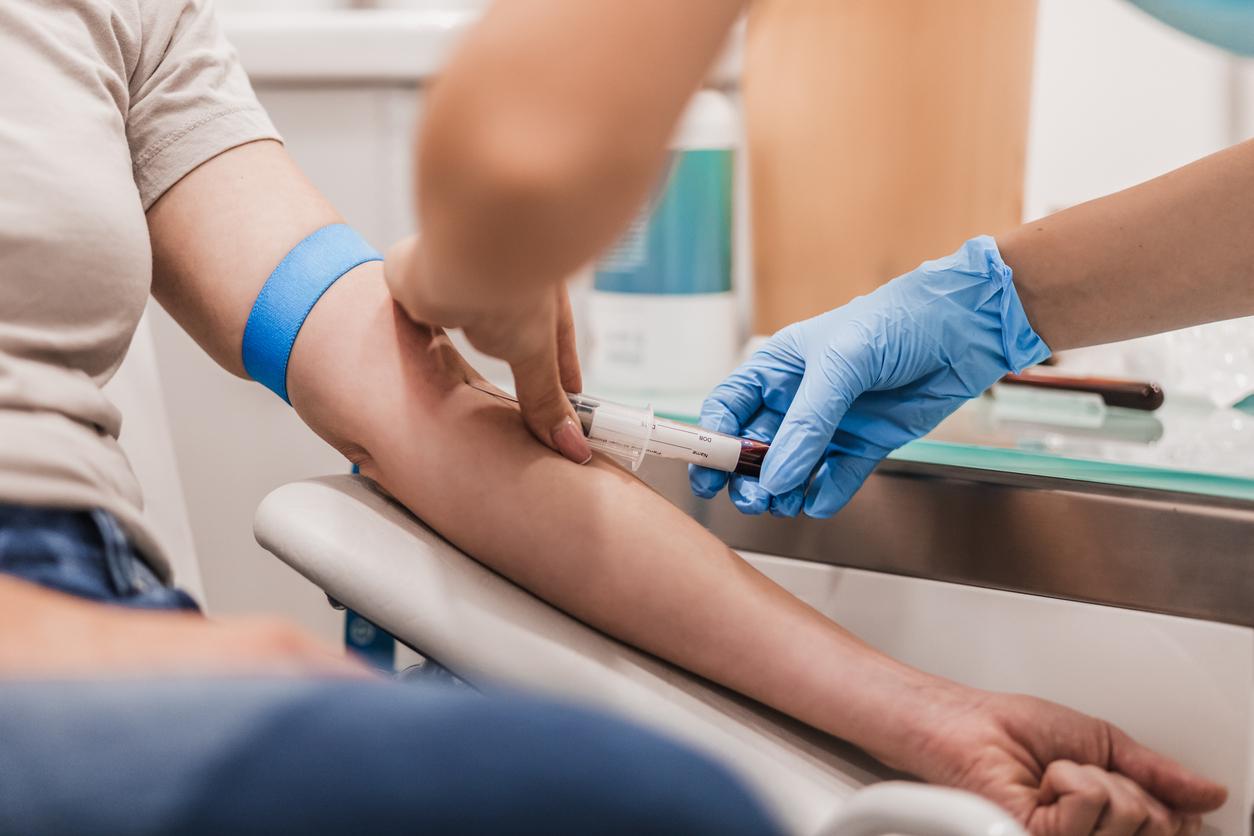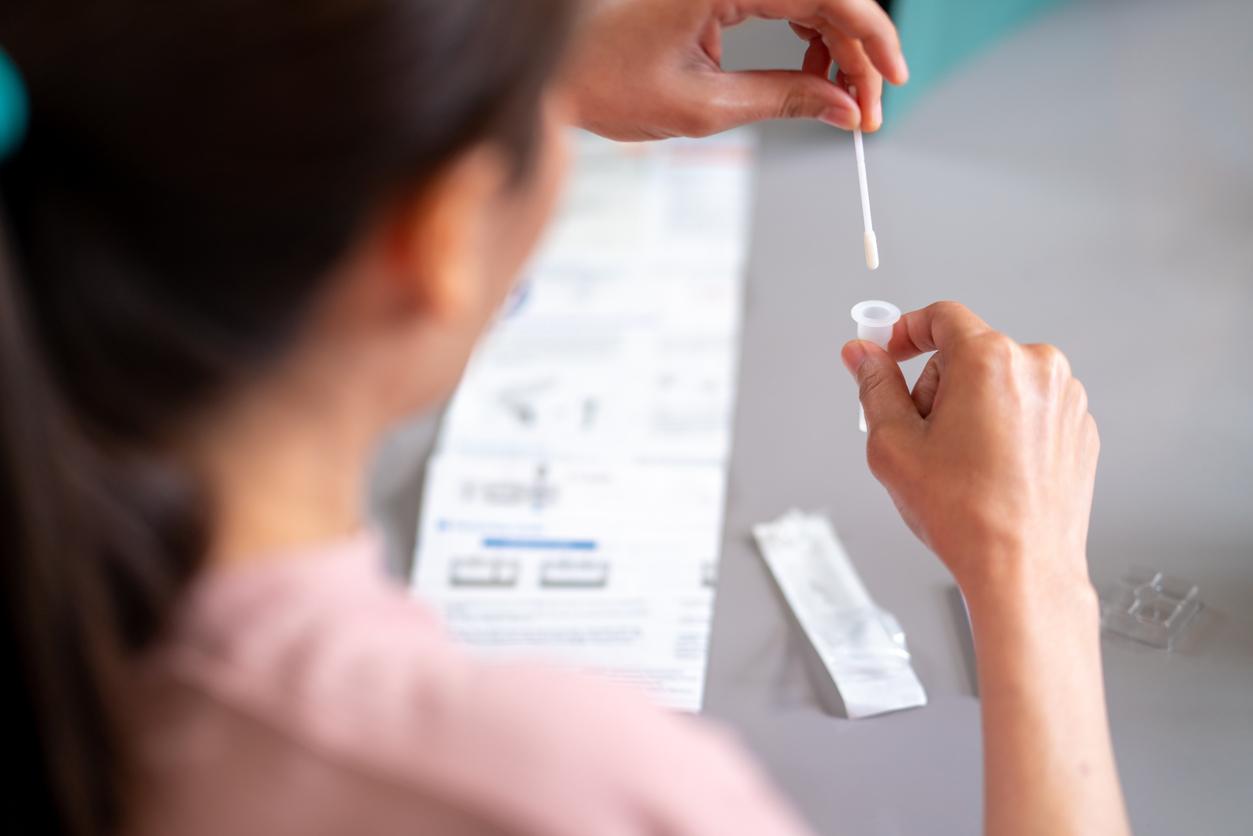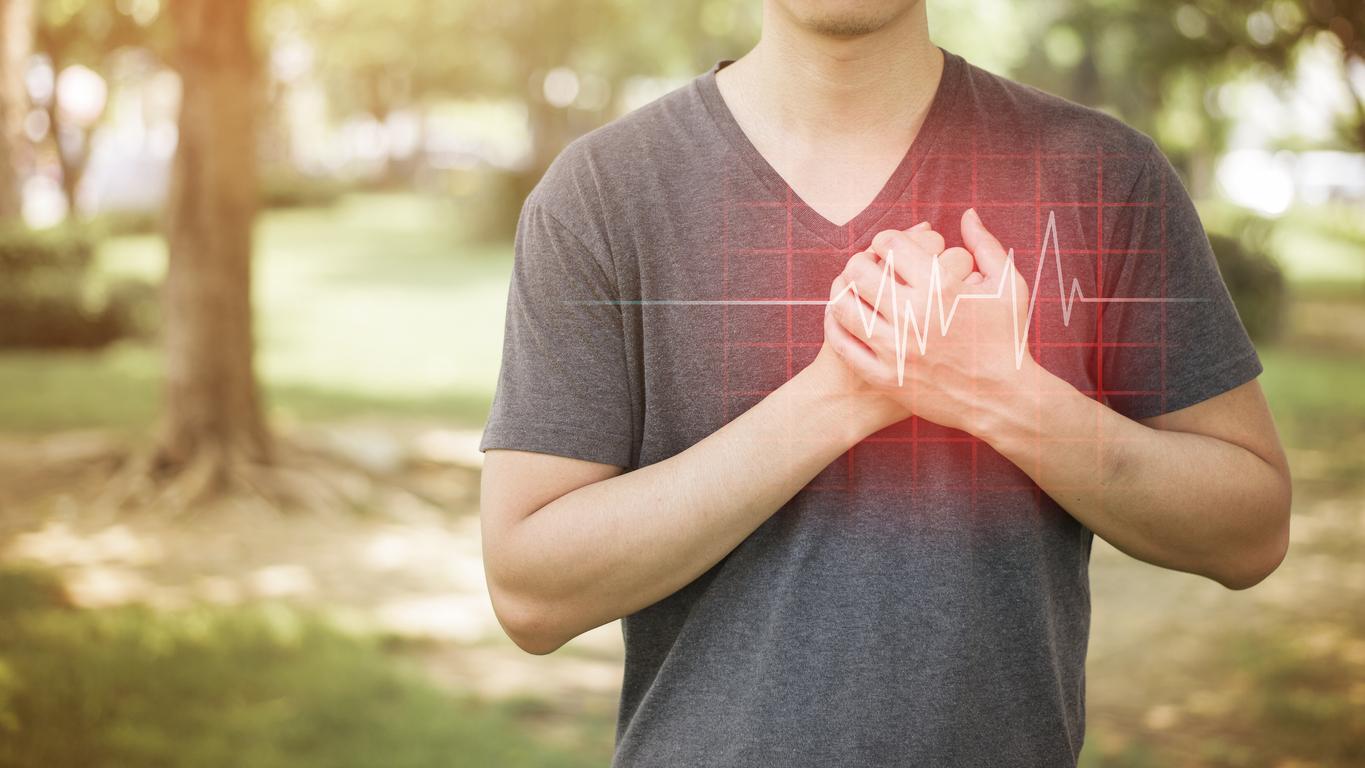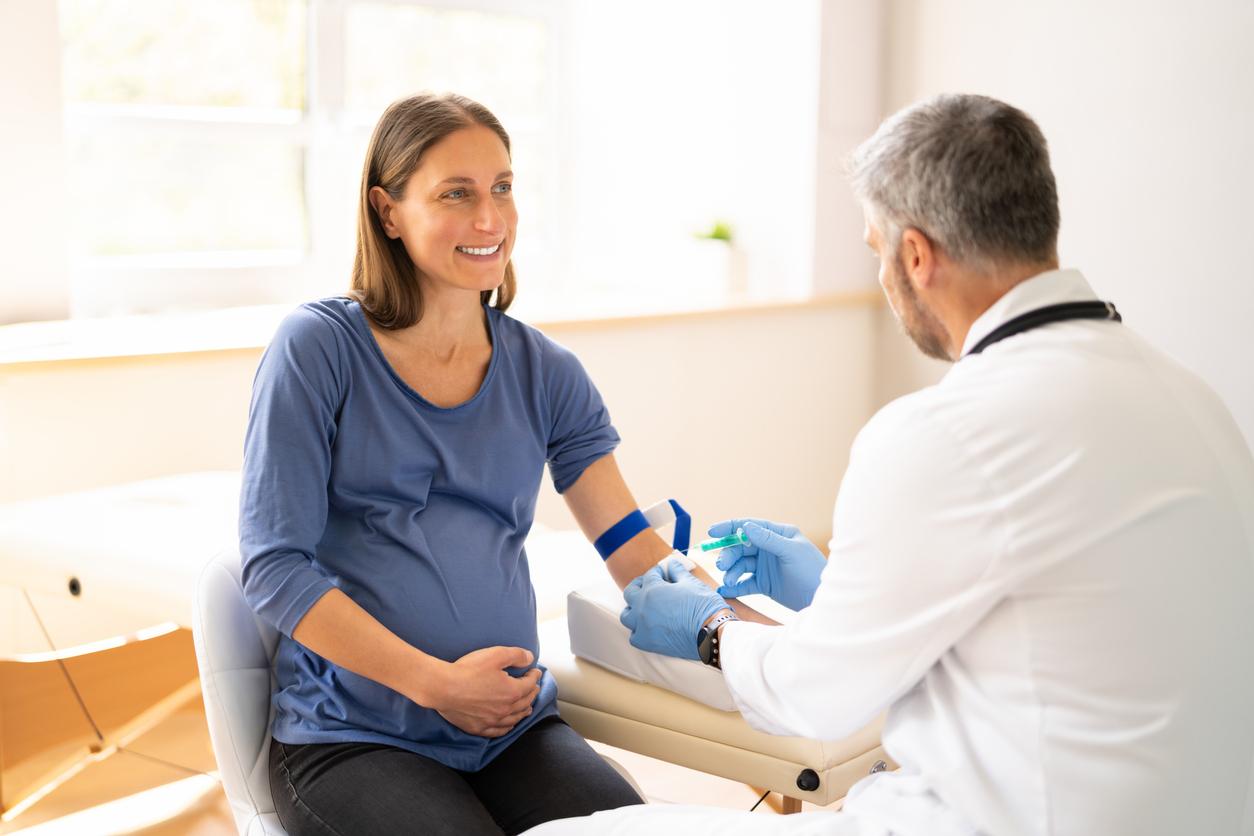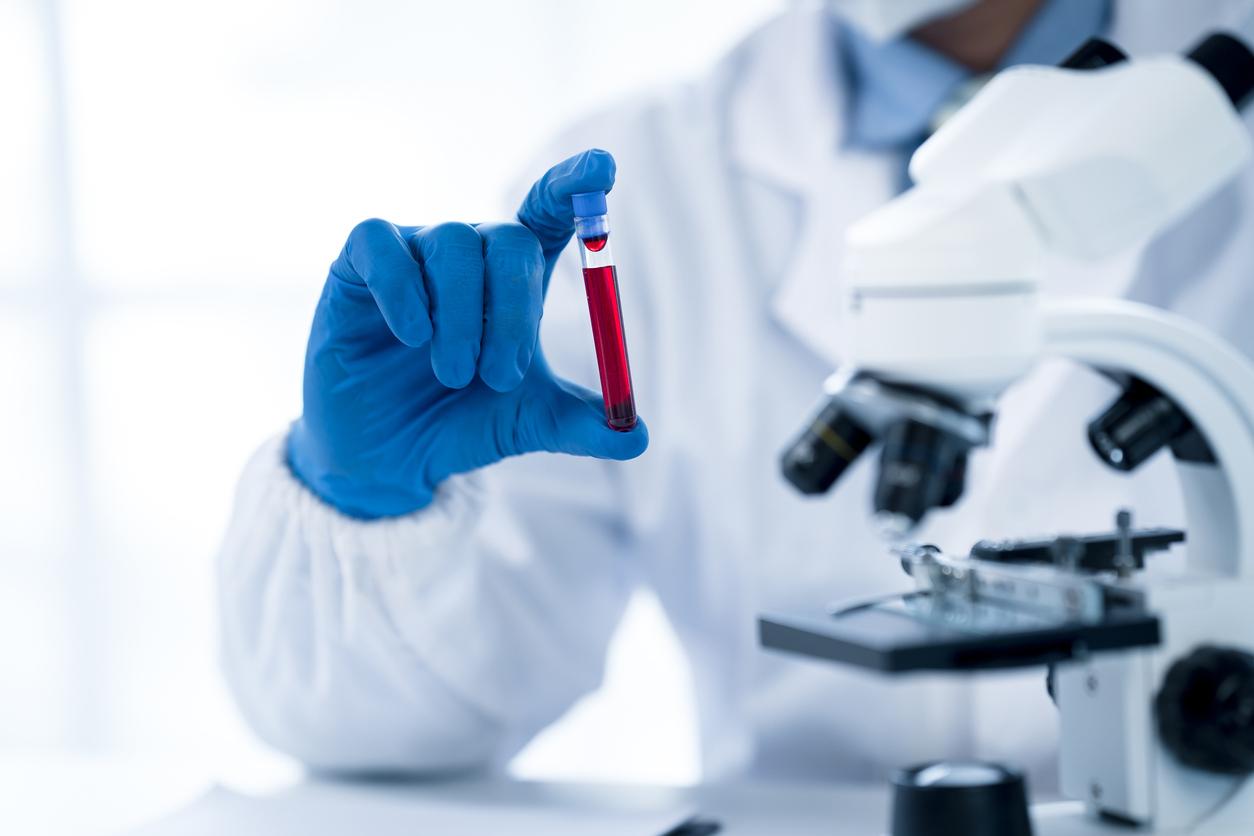Since Saturday July 11, it has been possible to carry out a rapid diagnostic orientation test in pharmacies, which makes it possible to know whether or not our body has produced antibodies against SARS-CoV-2.
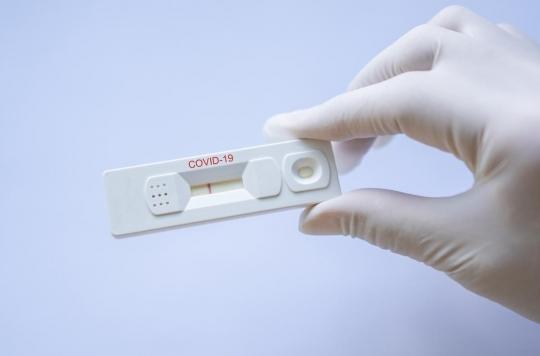
- Since July 11 and until October 30, pharmacies are authorized to carry out rapid diagnostic orientation tests.
- TRODs consist of checking the presence of antibodies in the body and therefore knowing whether or not you have been infected with the coronavirus.
Requested for many weeks by pharmacists, rapid diagnostic orientation tests (TROD) can now be carried out in pharmacies. A decree authorizing them to do so has just been published on Saturday July 11 in the Official Journal.
Until next October 30, and “on an exceptional basis, […] community pharmacists […] can achieve the rapid diagnostic orientation tests on capillary blood for the detection of antibodies directed against SARS-CoV-2″.
Until now the prerogative of medical analysis laboratories, TROD consists of taking a drop of blood from the fingertip in order to put it in contact with a reagent which demonstrates, or not, the presence of antibodies. Quick to perform (it displays a result in a few minutes), the TROD therefore makes it possible to know if an individual has been exposed to the virus and if he has developed (or is in the process of developing) an immune response.
In the event of a positive response from the TROD, a blood test and a laboratory examination must be carried out. A virological test (RT-PCR) can also be done in addition to check if the virus is still present in the body.
A measure disputed by biologists
At the same time, the Ministry of Health has drawn up a list of the 51 tests authorized on French territory. Not all of them work the same way: some only detect igG antibodies (immunoglobulins G), which form 14 days after being in contact with the virus, while others also indicate the presence of igM (immunoglobulins M) which can be detected one week after infection.
What about the effectiveness of rapid diagnostic orientation tests? If they do make it possible to detect the antibodies produced by the body after an infection, they do not indicate on the other hand if one is still carrying the virus, and therefore contagious.
Questioned by RTL, François Blanchecotte, president of the union of biologists, sees it as “a polaroid image”. “It means that we take you on that day, on D-Day. If you do not have antibodies, necessarily, 15 days, three weeks later, that does not mean that antibodies are not present in your blood“, he recalls.
Opposed to the realization in pharmacies of these rapid diagnostic orientation tests, the unions of medical biology doctors, in a press release dated July 3, warned the authorities and the general public about the difficulties of use and the complexity interpretation of the results of these serological tests” and indicated that the nasal swab test was more effective because it indicates whether the patient is contagious.
.









